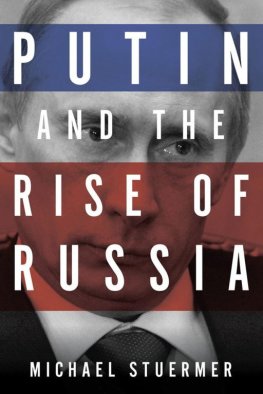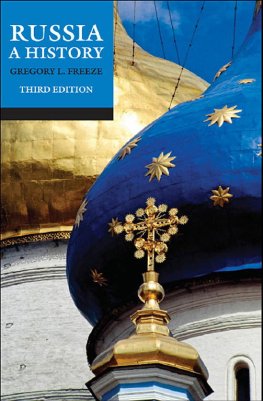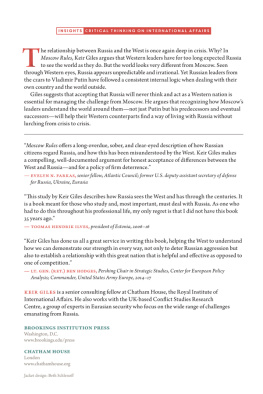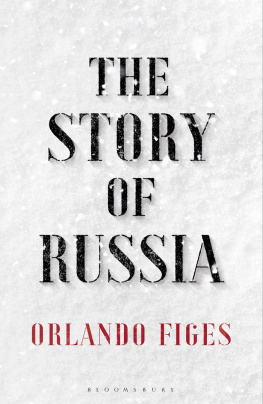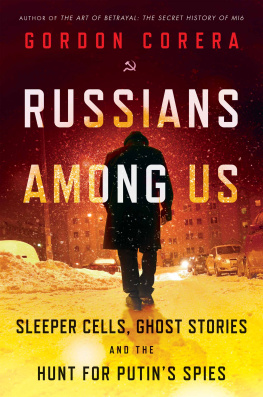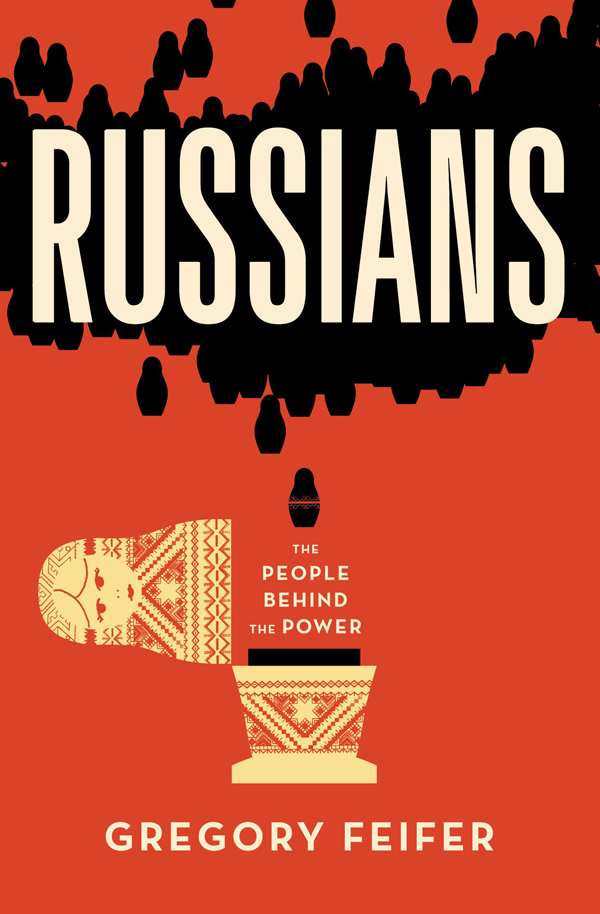Gregory Feifer - Russians: The People behind the Power
Here you can read online Gregory Feifer - Russians: The People behind the Power full text of the book (entire story) in english for free. Download pdf and epub, get meaning, cover and reviews about this ebook. year: 2014, publisher: Twelve, genre: Science. Description of the work, (preface) as well as reviews are available. Best literature library LitArk.com created for fans of good reading and offers a wide selection of genres:
Romance novel
Science fiction
Adventure
Detective
Science
History
Home and family
Prose
Art
Politics
Computer
Non-fiction
Religion
Business
Children
Humor
Choose a favorite category and find really read worthwhile books. Enjoy immersion in the world of imagination, feel the emotions of the characters or learn something new for yourself, make an fascinating discovery.

- Book:Russians: The People behind the Power
- Author:
- Publisher:Twelve
- Genre:
- Year:2014
- Rating:5 / 5
- Favourites:Add to favourites
- Your mark:
Russians: The People behind the Power: summary, description and annotation
We offer to read an annotation, description, summary or preface (depends on what the author of the book "Russians: The People behind the Power" wrote himself). If you haven't found the necessary information about the book — write in the comments, we will try to find it.
RUSSIANS explores the seeming paradoxes of life in Russia by unraveling the nature of its people: what is it in their history, their desires, and their conception of themselves that makes them baffling to the West? Using the insights of his decade as a journalist in Russia, Feifer corrects pervasive misconceptions by showing that much of what appears inexplicable about the country is logical when seen from the inside. He gets to the heart of why the worlds leading energy producer continues to exasperate many in the international community. And he makes clear why President Vladimir Putin remains popular even as the gap widens between the super-rich and the great majority of poor.
Traversing the worlds largest country from the violent North Caucasus to Arctic Siberia, Feifer conducted hundreds of intimate conversations about everything from sex and vodka to Russias complex relationship with the world. From fabulously wealthy oligarchs to the destitute elderly babushki who beg in Moscows streets, he tells the story of a society bursting with vitality under a leadership rooted in tradition and often on the edge of collapse despite its authoritarian power.
Feifer also draws on formative experiences in Russias past and illustrative workings of its culture to shed much-needed light on the purposely hidden functioning of its society before, during, and after communism. Woven throughout is an intimate, first-person account of his family history, from his Russian mothers coming of age among Moscows bohemian artistic elite to his American fathers harrowing vodka-fueled run-ins with the KGB.
What emerges is a rare portrait of a unique land of extremes whose forbidding geography, merciless climate, and crushing corruption has nevertheless produced some of the worlds greatest art and some of its most remarkable scientific advances. RUSSIANS is an expertly observed, gripping profile of a people who will continue challenging the West for the foreseeable future.
Gregory Feifer: author's other books
Who wrote Russians: The People behind the Power? Find out the surname, the name of the author of the book and a list of all author's works by series.


